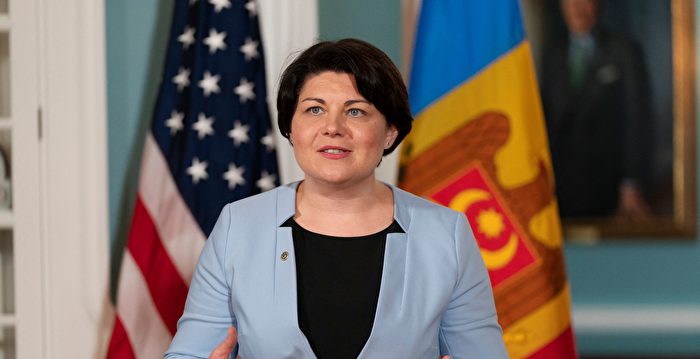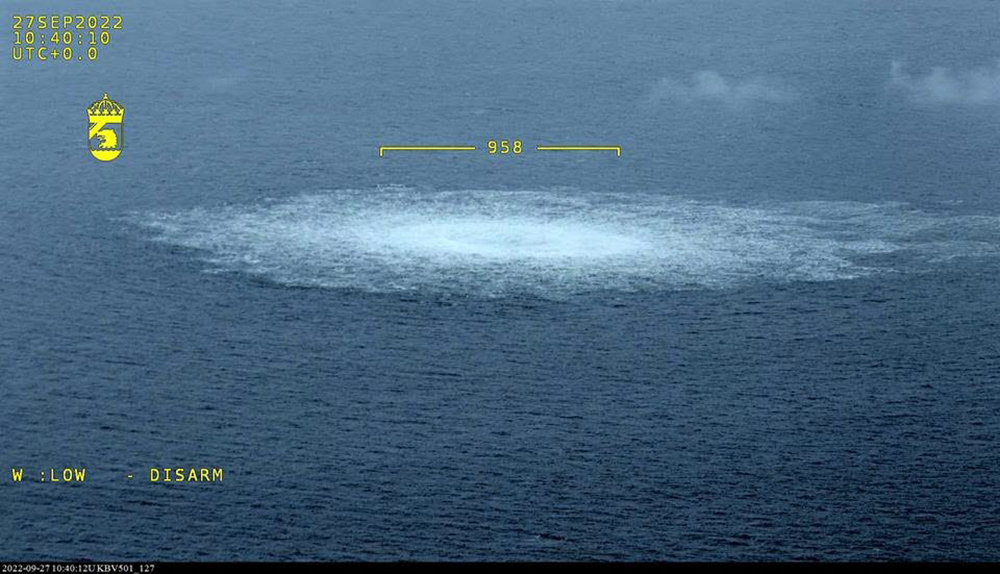Representative Ghassan Skaf considered that “Article 75 of the constitution stipulates that the parliament becomes an elective body, not a legislative body, and from here we will not participate in the legislative session.”
In an interview with Radio Free Lebanon, he said: “No to exploiting or interpreting the word convergence to disable the text of Article 75 and lose its meaning, spirituality and purpose,” pointing out that “the management of citizens’ affairs is not through normalization with the vacuum or organizing with it through illegal means, but rather By putting pressure on the unemployed who produced the constitutional crises.”
He revealed that “a statement will be issued in the afternoon by a large group of opposition deputies declaring explicitly that they do not recognize any session held for the House of Representatives other than to elect a president of the republic,” noting that “the absence of these deputies sends a strong message to the parliament and its office to the effect: Beware of entering into a game that you are entering into.” ambiguous laws.
He added, “The title of the quota legislative session, therefore, we will not accept any legislative session before electing a president of the republic. No matter how justified the movement gives for attending the legislative sessions that it had previously rejected, it will not be able to convince even its supporters. Speaker Berri today resorts to expressions of necessity legislation, but the paradox is that he is then under the pretext The charter and the argument for preserving the position of the presidency The team refused to convene a session of the Council of Ministers, so what is the argument today for accepting a legislative session?
And he continued: “There is no doubt that the Capital Control Law in its current amended form is a bad law, and in the meetings that took place in Washington it was rejected, so how do we go to vote on it? Board meeting Monday.
And he believed that “we must bet on implicit and not declared positions regarding the presidency, and I do not think that the Socialist Party has the intention of ending the paper of Representative Michel Moawad, but rather put forward a basket of names. We were seeking to obtain an internal consensus, and we, as deputies, do not want to be an executive tool that receives its instructions from outside,” he added. “There could be an overcoming of the obstacles to the election of Suleiman Franjieh in light of the American and French no objection to his arrival.”
Regarding the Paris meeting, he said: “There was no agreement on the name of the president or on the specifications. According to the information, there was a paper prepared in advance by Saudi Arabia, but it was not adopted. Therefore, no final statement was issued. The discrepancy was about sanctions, and the other discrepancy was the link between the first and third presidencies,” pointing out that “There is no doubt that the inability of politicians after Taif was pushing towards the army commander.”
And he talked about “two explanations for the failure of the five-party meeting in Paris: the first is because no one was agreed upon, and the second is due to Saudi intransigence regarding the president and his characteristics and who the Saudis will accept for the presidency of the republic. There is no doubt that the choice of the army commander today is possible unless one of the forces presents a candidate who can win the vote of the majority.” Most of the deputies.
And he considered that “the main battle today is between Franjieh and the army commander, and the question is where will the Free Patriotic Movement be positioned. And while he did not support the Christian meeting in Bkerke, he mentioned that in 2007 when the late Patriarch Mar Nasrallah Boutros Sfeir drew up a list of names of candidates that was not taken into account, and President Michel Suleiman was elected after an agreement.” Doha,” pointing out that in “the 2011 patriarch’s paper stipulated the election of the strongest in his sect,” noting that “Bkerke today is subject to the same challenge, and the Christian situation has become more deteriorating than in 2011, and the problem is not Christian in the first place, and there is a high possibility that Bkerki will fail to bring them together on A unified position and the fear that the patriarch will not succeed in taking a position because of the partisan commitments of the deputies.
He said, “I am most afraid that the deputies will fail Patriarch Al-Rahi, and Bkerke should not be held responsible for the failure. Bkerki is a national edifice. If the internal possibility of the meeting under Bkerke’s cloak is capable of success, why did the Paris meeting fail?” He added, “We fear that something big will happen in the country that will lead to the election of a president who is a protector and not a president, and the opposition is not in the process of looking for a replacement for Moawad, unless the price is bringing a new personality with the same characteristics that will restore order to the country.”
Commenting on the earthquake in Turkey and Syria, he said: “The aid that arrived in the two countries came a little late, and we hope that the visit of the Lebanese ministerial delegation to Syria will not be used to discuss other issues, but the most important thing is the Syrian displacement from which we suffer.”
And pointing out that “the number of displaced people has exceeded two million today,” he considered that “the positive thing is one of the reasons that made the West look to Lebanon, but today we see the growing role of displacement and the infliction of losses on Lebanon that it can no longer bear, from medical care to education and housing and the exhaustion of infrastructure, especially with the lack of Fulfillment by international bodies of their obligations with Lebanon.
In conclusion, Skaff warned that “the number of Syrians will equal the number of Lebanese from here to seven years, because the demographic change will affect Christians and the Shiite community.”


